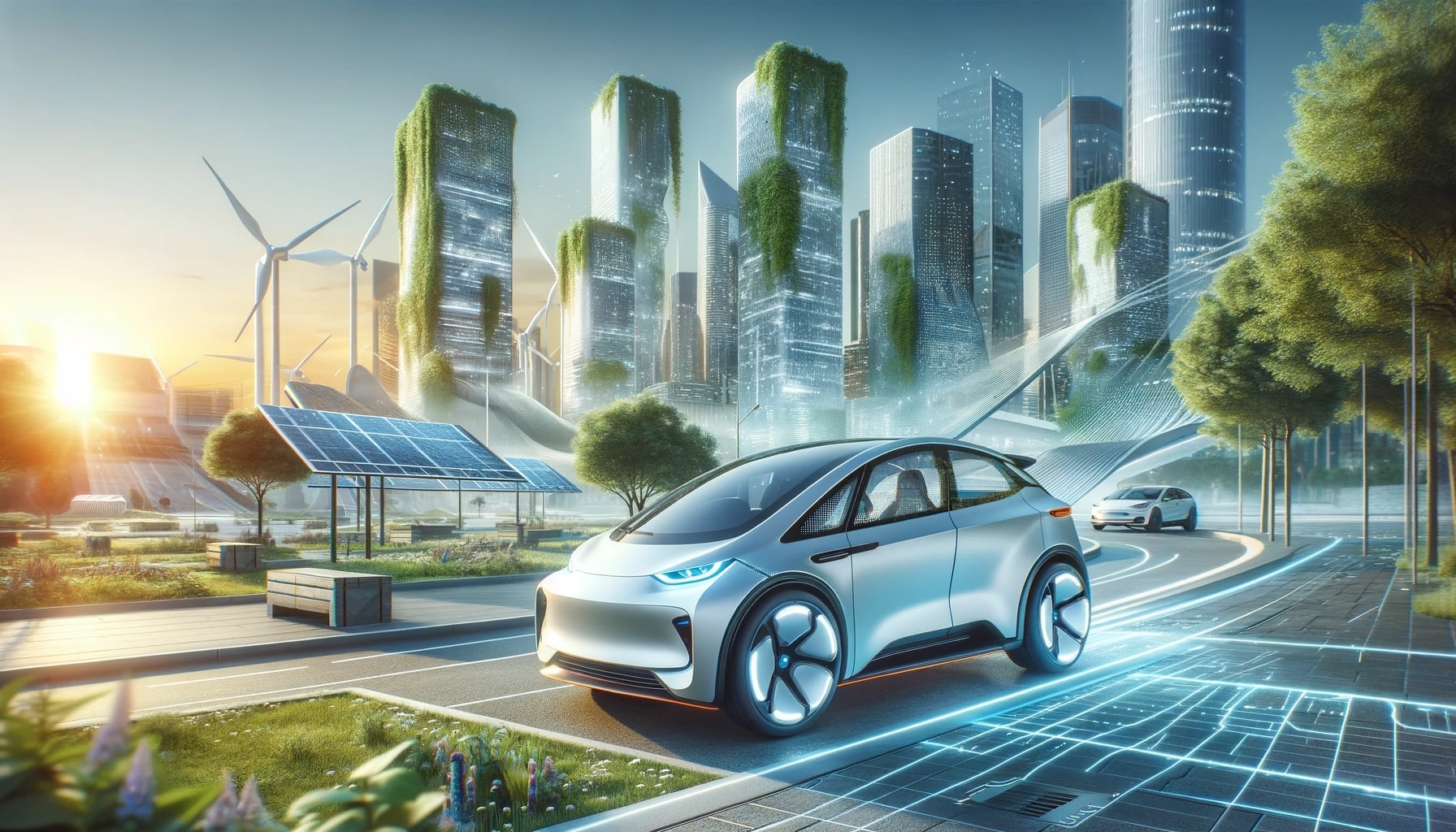In a strategic move to capture a significant share of the burgeoning electric vehicle (EV) market in India, Panasonic Energy is in talks with Indian Oil Corporation for a joint venture that will bring EV battery manufacturing to Indian soil. This development aligns with the Indian government’s push for electrification and clean energy solutions. Their potential collaboration aims to meet the increasing demand for batteries in two and three-wheeled vehicles and energy storage systems, signaling a significant step forward in India’s EV infrastructure.
The potential of the Indian EV market has long been recognized, marked by the government’s efforts to create a conducive environment for electric mobility. For years, India has been working towards reducing its carbon footprint, with initiatives such as the National Electric Mobility Mission Plan and Faster Adoption and Manufacturing of Hybrid and Electric Vehicles schemes. These programs aim to encourage the use of EVs and attract foreign investment. The recent developments with Panasonic Energy and Tesla‘s interest in the region underscore the nation’s progress towards these goals and the mounting interest from global industry leaders.
Joint Venture to Boost Local EV Market
Panasonic Energy’s potential partnership with one of India’s largest oil companies, Indian Oil, would involve conducting comprehensive feasibility studies to assess the many applications of battery technologies specific to the Indian context. Expected to conclude by summer 2024, these studies will guide the establishment of the joint venture, with a focus on catering to local demand.
International Companies Expressing Interest in India
The interest expressed by Panasonic Energy follows reports that Tesla has begun producing cars for the Indian market at its Giga Berlin facility. Tesla’s entry into India has been facilitated by the government’s new EV import policy, which reduces import duties and encourages investment by foreign automakers. With Tesla reportedly planning a significant $2 billion investment for a gigafactory in India, suppliers like Panasonic Energy are evaluating their own investment strategies to support the anticipated EV growth.
In related news, a report by The Economic Times highlights Tesla’s continued negotiations with the Indian government to lower import duties, which would make their cars more affordable and competitive in the Indian market. Meanwhile, a Bloomberg New Energy Finance article emphasizes the country’s ambition to become a global EV manufacturing hub by 2030, with policies supporting this objective currently underway.
The Economic Times – “Tesla in talks with India to reduce import duties”
Bloomberg New Energy Finance – “India’s Ambition to Become Global EV Manufacturing Hub by 2030”
Strategic Timing for Market Entry
Coinciding with Tesla’s planned exports to India later in the year, the timing of Panasonic Energy’s potential joint venture could not be more opportune. The alignment of these strategic business movements with the Indian government’s favorable policies may create a competitive and robust EV market in the country.
Useful information
- Panasonic plans to cater to the Indian EV market’s specific needs.
- Indian Oil’s partnership highlights the energy sector’s shift towards EVs.
- Feasibility studies will shape the future of India’s EV battery production.
As the EV landscape in India continues to evolve with international partnerships and government policies driving growth, the joint endeavor between Panasonic Energy and Indian Oil could substantially enhance local manufacturing capabilities. The rise in electric two and three-wheeler vehicles, coupled with the need for robust energy storage solutions, underscores the timeliness of this initiative. With the completion of the feasibility study by 2024, the collaboration has the potential to provide a significant boost to India’s commitment to reducing carbon emissions and pivoting towards sustainable transportation options.










